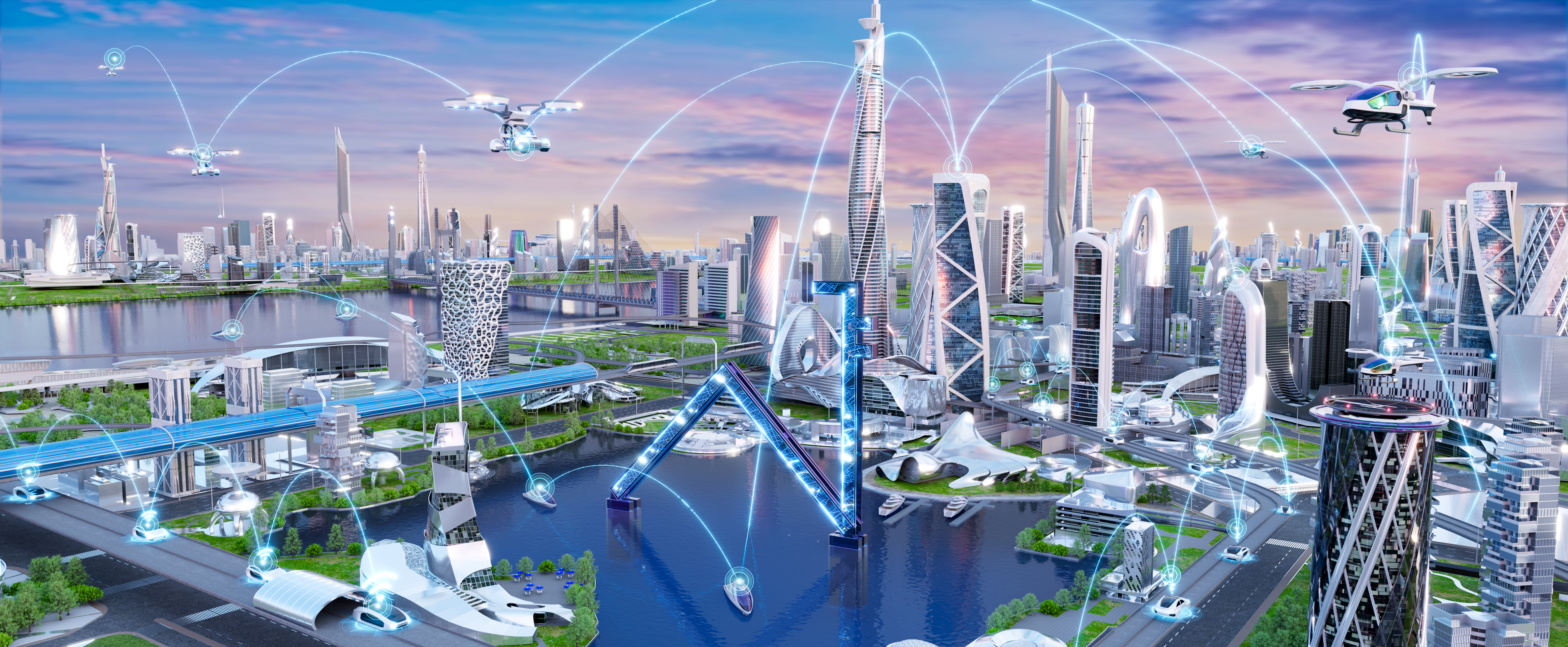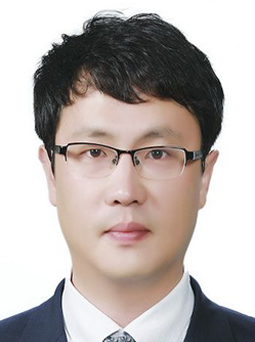
The concept of "Smart Mobility" encompasses a diverse range of means and supporting systems aimed at facilitating rapid, safe, environmentally friendly, and cost-effective movement of people or goods. In practice, Smart Mobility is evolving beyond its conceptual definition, transforming into a burgeoning future industry. In this edition of SNU Innovations, we introduce eight prominent research initiatives in the field of Smart Mobility, a core strategic research area identified by the College of Engineering at Seoul National University.
Professor Dong-Kyu Kim and his research team contribute to building a reliable future mobility system by focusing on improving public transportation equity in Seoul. They utilize smart card and navigation data for competitiveness assessment, address micro-mobility challenges through deep learning algorithms, and explore user behavior in multimodal environments under the evolving concept of Mobility-as-a-Service (MaaS). Their multidisciplinary approach aims to establish a socially imperative and secure transportation system for everyone.
Professor Ayoung Kim from the Department of Mechanical Engineering specializes in spatial artificial intelligence (AI) with a focus on Simultaneous Localization and Mapping (SLAM). The lab's work in unstructured environments, such as construction sites, includes managing dynamic terrains through delta maps and exploring non-conventional sensors like radars and thermal cameras for robust environmental perception. Their research contributes to advancing robotics in dynamic and extreme environments.
Professor Kyoungdoug Min, from the Department of Mechanical Engineering, dedicates his efforts to advancing clean mobility by developing decarbonized propulsion systems. His research spans internal combustion engines, battery systems for electric vehicles, and PEM Fuel Cell (PEMFC) systems, aiming for fossil-free propulsion and addressing stringent CO2 regulations in vehicles.
Professor Jongwoo Lim, from the Department of Mechanical Engineering, focuses on developing camera-based 3D sensing algorithms and large-scale 3D reconstruction methods for applications in robotics and augmented/virtual reality. His research introduces ultra-wide field-of-view fisheye lenses to address blind spots in autonomous vehicles, utilizing a unique sensor configuration with four such cameras for 360-degree omnidirectional sensing.
Professor Seung-Woo Seo from the Department of Electrical and Computer Engineering has been a pioneer in smart mobility research for over 15 years. His research focuses on addressing challenges in urban autonomous driving through adaptive and robust perception technologies such as sensor fusion. The team emphasizes the importance of actively adapting to unfamiliar environments for autonomous driving.
Professor Myung-Il Roh, from the Department of Naval Architecture and Ocean Engineering, is a leading figure in the development of autonomous navigation technologies for smart ships. His research covers route planning, obstacle detection and tracking, and ship collision avoidance technologies, addressing the challenges of maritime transportation.
Professor Sang Joon Shin, leading the Multi-Discipline Integrated Urban Air Mobility Core Technology Development Center (ERC Center) at the Department of Aerospace Engineering, is actively involved in the design, analysis, and production of Urban Air Mobility (UAM). The ERC center focuses on seven core technologies: VTOL, long-range flight, distributed electric propulsion, motor drive/hybrid, autonomous flight, sensor, and noise reduction.
Professor Kwanjung Yee, from the Department of Aerospace Engineering, has conducted extensive research in Advanced Air Mobility (AAM), focusing on Electric Vertical Take-Off and Landing (eVTOL) aircraft. He has developed the RISPECT+ code for eVTOL performance analysis, an improved technology portfolio assessment methodology, and a system-level design framework. With over 450 eVTOL aircraft in development, Yee's work addresses the growing interest in AAM, providing solutions for reduced noise, enhanced safety, and a lower carbon footprint. His contributions, including RISPECT+ and the Comprehensive Design Framework for Advanced Mobility (CoDeF), play a crucial role in shaping an innovative and efficient mobility ecosystem. Ongoing research involves battery sizing considering thermal effects and analyzing eVTOL aircraft handling quality.
Smart Mobility is poised to revolutionize our lives by ushering in an era of seamless, efficient, and sustainable transportation. As cutting-edge research initiatives at Seoul National University's College of Engineering demonstrate, advancements in public transportation equity, robotics, clean propulsion systems, camera-based 3D sensing, autonomous driving, smart ships, and urban air mobility are collectively shaping the future of mobility. From enhanced accessibility and safety to reduced environmental impact, Smart Mobility promises to redefine how we navigate our cities and beyond. These transformative technologies, incorporating artificial intelligence, robotics, and sustainable propulsion, not only offer convenience and reliability but also contribute to building a socially responsible and inclusive transportation ecosystem. As we witness ongoing innovations and multidisciplinary approaches in these domains, Smart Mobility emerges as a catalyst for a future where transportation is not just a means of getting from one point to another but an integrated, intelligent, and accessible part of our daily lives.
Due to space constraints, we could not cover all the Smart Mobility research at Seoul National University's College of Engineering. Through collaborations with leading domestic and international universities and research institutions, we anticipate a faster arrival of the future of Smart Mobility.
-

-
Professor Dong-Kyu Kim
Associate Dean of Planning and Strategy Affairs, College of Engineering
Professor of Department of Civil and Environmental Engineering
Seoul National University


